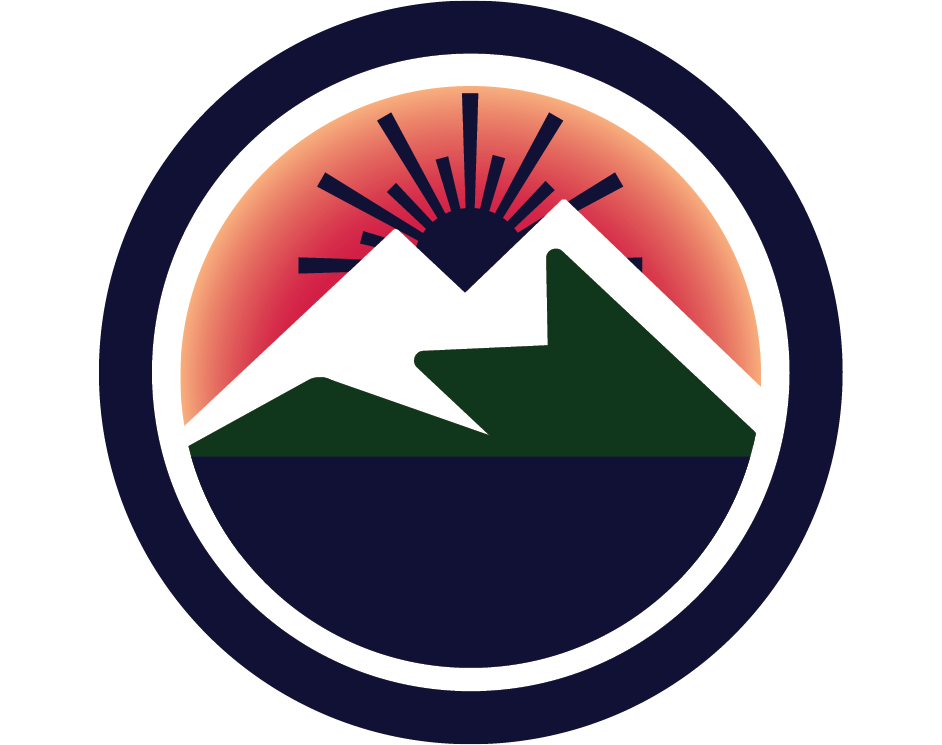Please see below the event descriptions for CUPC 2021. On this page, you can find event descriptions for our:
Please refer to our master schedule for a visual representation of when these events will be taking place at CUPC 2021.
Panel Descriptions
Undergraduate Mentorship
Thursday, November 4th, 4:30 – 5:30 pm (EST)
Entering university or being in the early stages of your undergraduate degree can be intimidating and confusing. With this panel, we hope to connect students with senior students who will answer their questions regarding undergraduate physics degrees, life as university students, and much more. This event will also allow senior students to grow their leadership skills while guiding fellow students.
A Day in the Life of a Physicist
Thursday, November 4th, 6:15 – 7:45 pm (EST)
With the ongoing pandemic, it has been difficult for students to find opportunities to shadow Physicists, secure industry related jobs and volunteering placements. With this panel, we aim to give students the opportunity to experience the field of physics they might be interested in. Students will further be allowed to ask the panellists about their careers, the road they took to get there and about their day-to-day responsibilities and tasks.
Finding Success Outside of Your Studies: How to Take the Next Step
Sunday, November 7th, 11:00 am – 12:15 pm (EST)
In this panel, we will have career specialists and recruiters giving advice on how to find and secure research positions, as well as jobs within the industry after completing undergraduate degrees in physics. The speakers will provide assistance on how to find job/research positions, how to write a good resume and cover letter, and tips on how to approach interviews with confidence.
Workshop Descriptions
Land Acknowledgements: Fostering Ethical Relationships with the Indigenous Peoples and Lands
Thursday, November 4th, 12:15 – 1:00 pm (EST)
The Copernican revolution revealed the ways cultural norms influenced study of the cosmos. Einstein’s theories necessitate an observer to provide a reference point from which information can flow. The double slit experiment shows the influential nature of observation in particle physics. If there is a single line running through these moments in the history of physics, it is that the perspective of the observer plays an important role in knowledge production. How then can the information in land acknowledgments assist physicists of the 21st century in their work, theorization, and lives?
In this interactive workshop, Dr. Deb McGregor and Emma Nelson will discuss perspectives on the history and meaning behind land acknowledgments. Hailing from Ontario and Nova Scotia respectively, the presenters will encourage a deeply reflective approach to land acknowledgments and will engage the audience in meaningful practices for internalizing the message of “traditional territories.” Concepts like decolonization, “Land Back,” and treaties will be discussed. Both presenters view land acknowledgments as statements of action and practice. This workshop will explore ways that land acknowledgments can become pathways into understanding Canada’s history and ongoing presence as a colonial state.
Leveraging Scientific Communication as a Tool for Career Development
Friday, November 5th, 11:00 am – 12:00 pm (EST)
This session will provide attendees (physicists, scientists, and future scientists across Canada) with an understanding of different ways they can leverage SciComm as part of their professional development. They will get tools to develop knowledge translation and mobilization strategies and connect them to their career trajectories.
Additionally, attendees will gain in-depth training and skills needed to embed accessible and inclusive practices when creating and sharing scientific content.
Scholarships and Awards
Sunday, November 7th, 12:15 – 1:00 pm (EST)
This workshop will explore the sometimes-baffling science of scholarship and awards applications. Dr. Ben Newling discuss what makes a good application, where you might find scholarships and awards to apply for and, in the end, why it is worth investing your time in applications, even if you don’t end up winning them all.
How to Apply to Grad School
Sunday, November 7th, 6:15 – 7:00 pm (EST)
Applying for graduate studies can be a daunting endeavour. Deciding on what schools, programs, and supervisors to apply to, and even deciding if grad school is right for you in the first place can all be overwhelming. Dr. Gallo will draw from his experiences as a Graduate Program Coordinator, a Research Advisor, and a former graduate student to shed light on the process and help you make the most informed decisions. He will discuss a few of the important general issues students might encounter when applying to grad school.
Round Table Discussion: The Perception of Physics by Youth
Saturday, November 6th, 3:30 – 5:30 pm (EST)
A large factor contributing to the under-representation of historically marginalized groups in physics stems from the fact that there is a lack of interest in physics from students at an early age. We hope to shine some light on this issue and talk about physics education and ways we might be able to provoke interest among young students. During these two hours, our speakers will engage in conversations over physics education and topics of equity, diversity and inclusion within physics in Canada.
